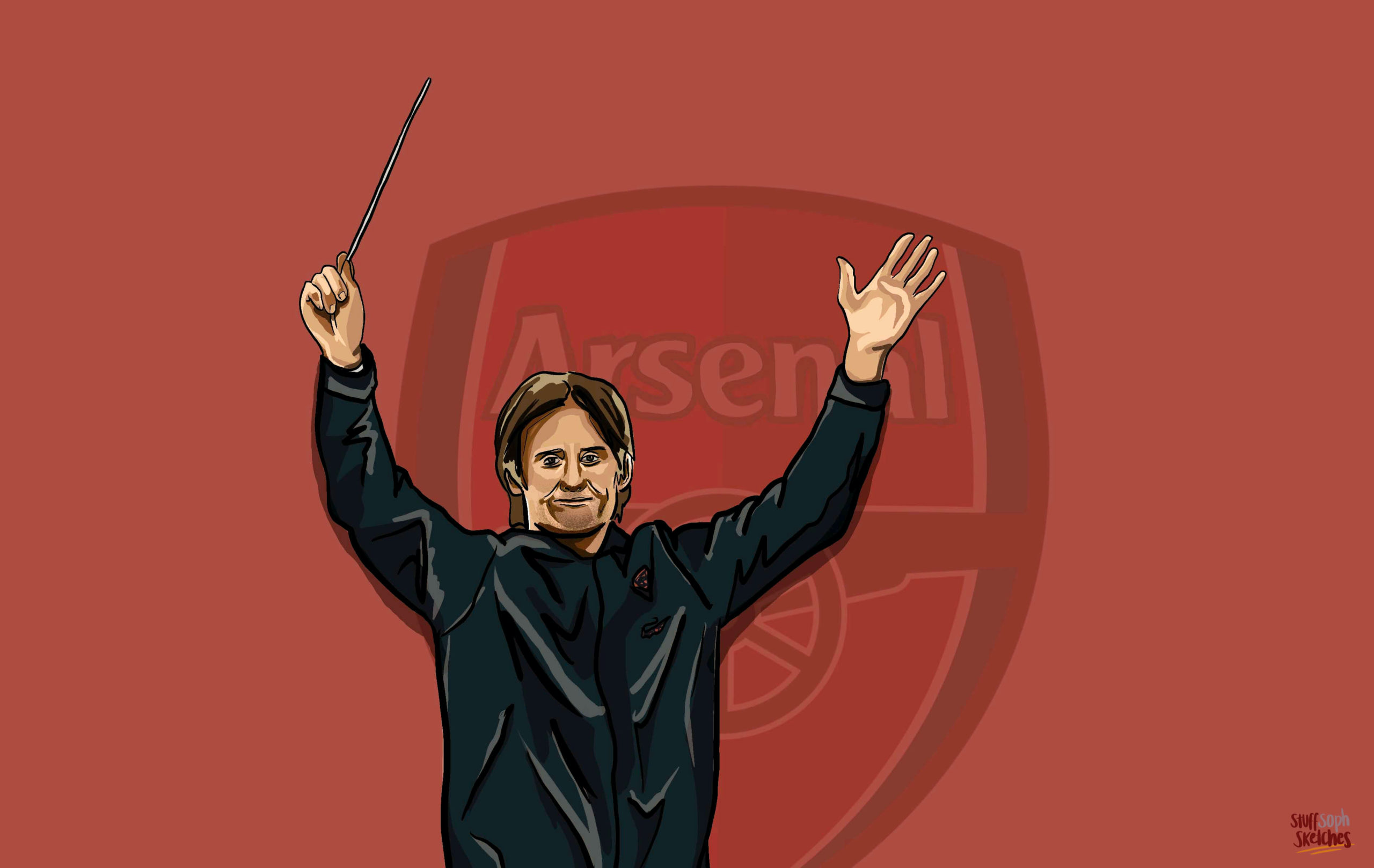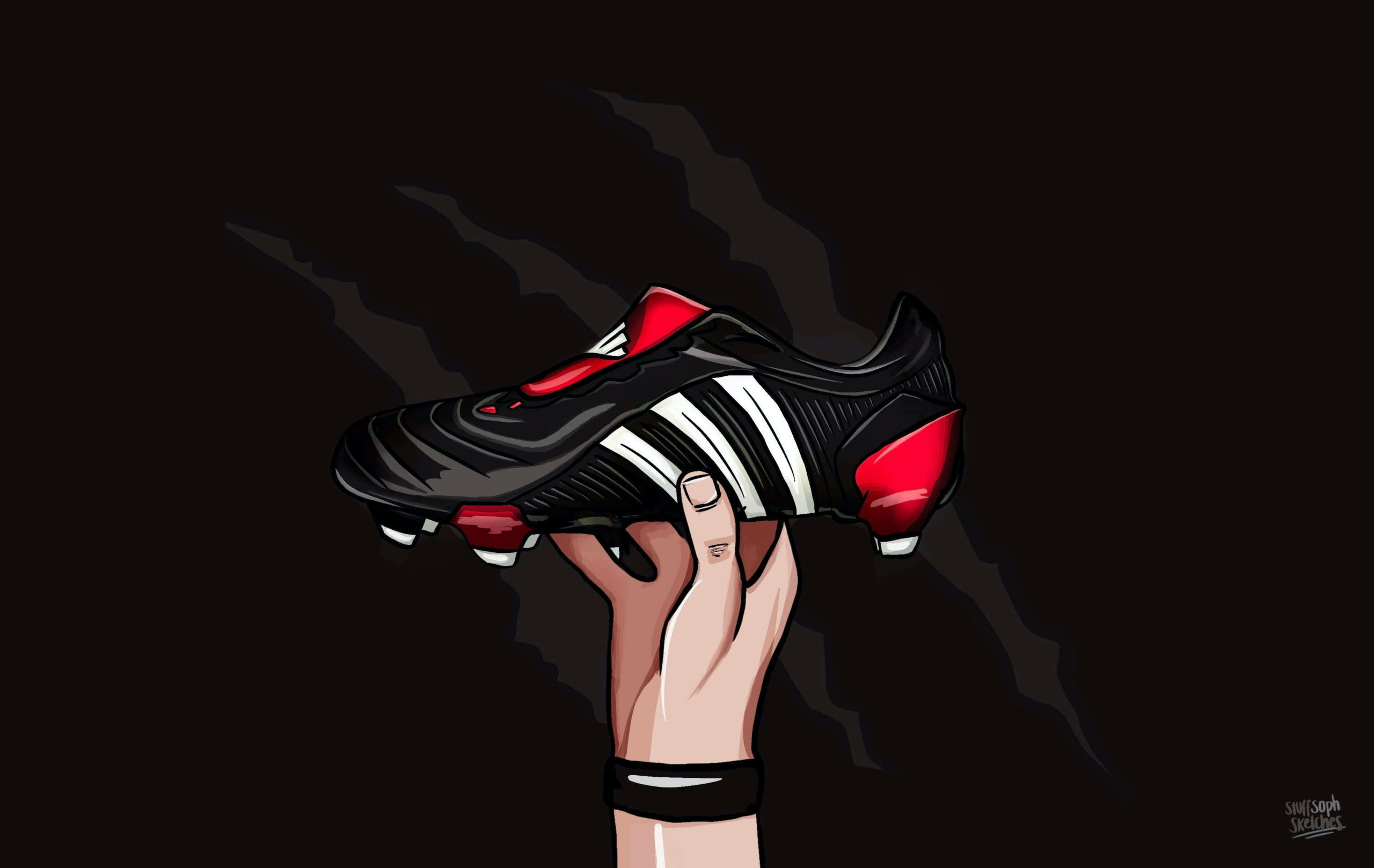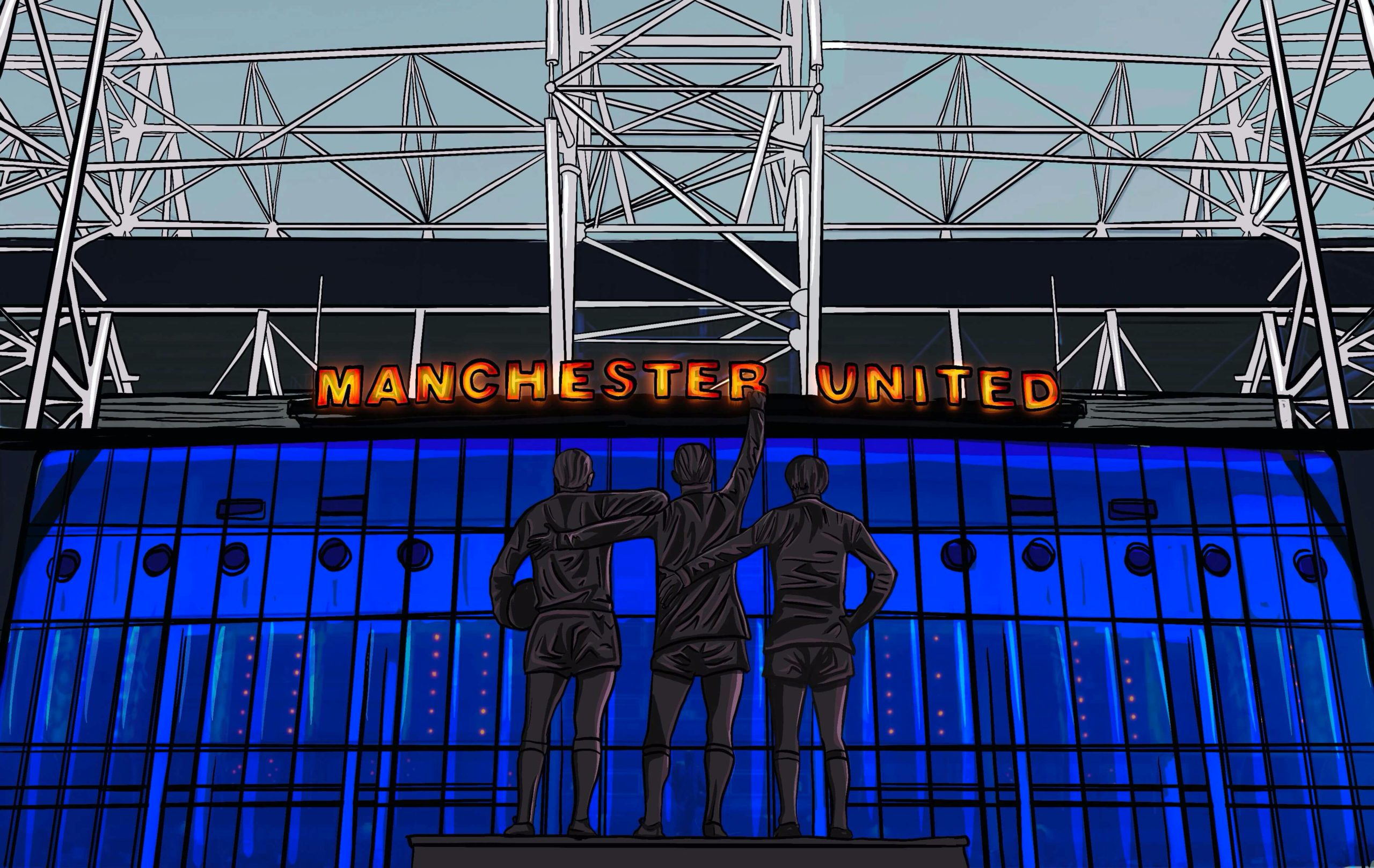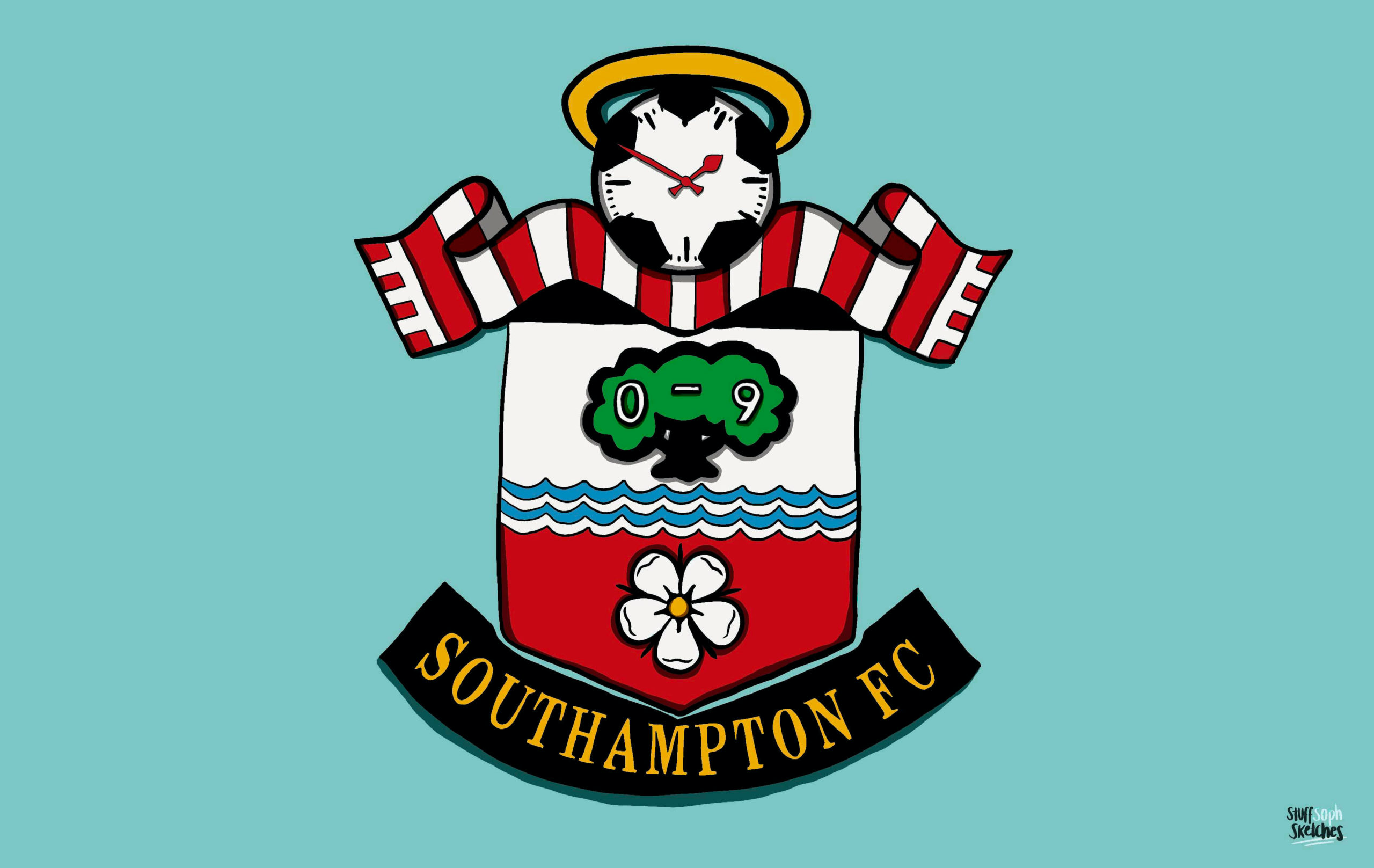When discussing Arsenal’s “if” players, there are more than a few that come to mind. Abou Diaby, for example, was a fan favourite who would stride up the pitch in Vieira-like fashion. Jack Wilshere was another – England’s “nearly” man who unfortunately seemed to reach his peak in an unforgettable performance against Barcelona. Then, less fashionably so, there was Tomáš Rosicky.
Watching Sparta Prague play Arsenal in 2000, when Rosicky cut inside, danced round three players and thrashed the ball past David Seaman at Highbury’s Clock End, maybe Wenger knew he was looking at his future Number 7. Signed in May 2006 as a replacement for Robert Pires, Rosicky became just another exciting event in Arsenal’s recent history. Only a week earlier, they had narrowly missed out on a Champions League title in Paris and Wenger was about to oversee the relocation of the club from Highbury to the Emirates.
He had the energy of Cazorla, the vision of Ozil, but the brittleness of Piers Morgan’s temper.
Rosicky’s effervescence was mesmerising. His intensity, his energy, and his organisational prowess was synonymous with Wenger’s midfield signings. He had the energy of Cazorla, the vision of Ozil, but the brittleness of Piers Morgan’s temper. His career at Arsenal was blighted by injury that saw him not register a single Premier League appearance in either of the 2008-09 and 2015-16 seasons.
In spite of this, Rosicky defines the late Wenger era. A player for big games and big goals, speedy passing and exceptional vision. Rosicky’s precision made Arsenal’s football as pleasing on the eye as that of a service station when needing a piss on the M25. Much has been made of Wilshere’s goal versus Norwich City (and rightly so) with it winning Goal of the Season 2013-14. The pinball passes had our eyes roving the pitch, searching for the ball in the same way as the opponents. However, Rosicky’s goal against Sunderland four months later replicated the same unadulterated and utterly ludicrous style. The same cogs in the machine were involved again – both Giroud and Wilshere hand Rosicky one-touch return passes with Cazorla originating the move. Compare this to Arsenal’s current midfield. Sure, Ozil has the capability of hitting some sweet notes but Xhaka couldn’t conduct his way out of a paper bag.
Rosicky also had a taste for derbies – particularly the North London variety. In 2012, I was at the Emirates when Arsenal came back from two goals down to beat Tottenham 5-2. Rosicky scored the third Arsenal goal that day and seeing him wheel away down the touchline in front of the North Bank became a familiar sight come Derby Day. A Spurs friend of mine once spoke of his ‘arse barely touching the seat’ before Rosicky lashed in an improbable effort just over a minute into the 2013-14 fixture. His ‘brutal strike’ (to borrow Martin Tyler’s words) was the only goal of an otherwise unmemorable fixture.
But there was one match against Brighton and Hove Albion that exemplified what Arsenal could have had in Rosicky – a performance that inspired me to write this piece. Albeit against a lower-league opponent, this game was part of a cup run that led to Rosicky’s second FA Cup for the Gunners. The midfield maestro dominated this fourth-round tie. Accompanied by Ozil and Ramsey, Rosicky conducted his way around the field like Leonard Bernstein on ice, before adding a goal and an assist to an altogether captivating display. His goal, in true maverick fashion, was a sweetly stuck volley from the edge of the box after he himself had sent it out wide with a no-look pass. His ability to orchestrate the game that day exemplified just how much Arsenal missed their “Little Mozart” during his ten years at the Emirates. For those ninety minutes in particular, Rosicky gently teased fans with another what might have been.
In 2016, when Rosicky called time on his Arsenal tenure, it was well known amongst my friends at university how much I admired him. I, half-jokingly, half-100% seriously, wrote him a letter thanking him for his services to my football club. I never sent that letter. But if by some miracle you find yourself reading this, Tomáš, let this be my sincere thank you, to you.



